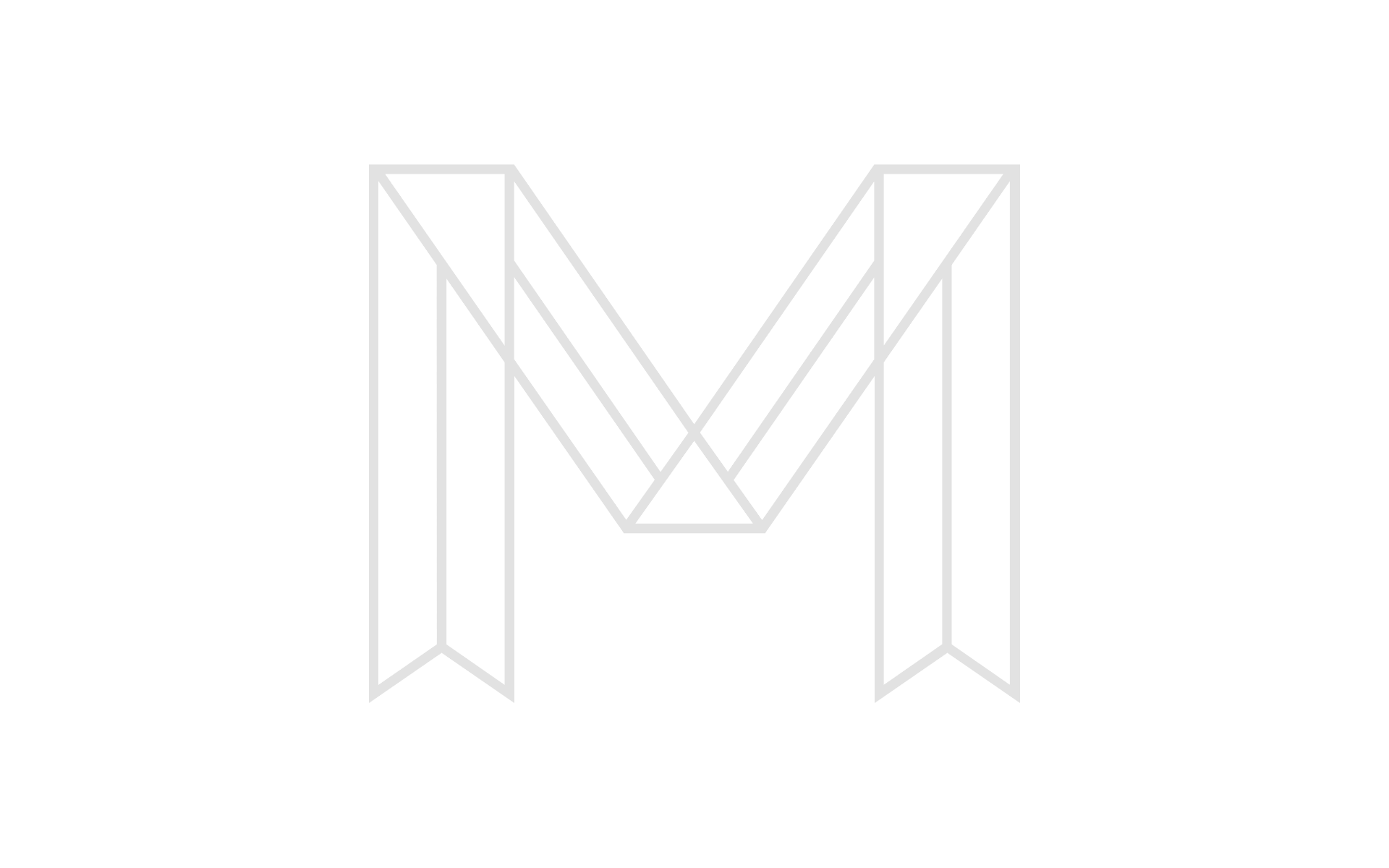Education That Heals: What Mamokgethi Phakeng’s Talk Means for Our Mental Well-Being (and Our Work)

At MINDSHIFTERS, we're passionate about whole-person growth—mind, heart, and purpose. That's why Prof. Mamokgethi Phakeng's recent business-breakfast talk landed so deeply with us. On the surface, it was about education and the future of work. But underneath, it was a masterclass in mental resilience, identity, and the kind of inner toolkit that helps people flourish through change.
Below are our reflections—drawn through a mental-health lens—on the ideas she shared and why they matter for leaders, teams, students, and families.
1) The fast, uncertain workplace—and the anxiety it breeds
Prof. Phakeng described today's workplace as fast, competitive, and unpredictable, reshaped by technology and AI. That reality can quietly amplify stress: fear of being left behind, imposter feelings, and performance anxiety. Her core question—"If your company took away your job title today, what would be left of your value?"—isn't just a career provocation; it's a mental-health check-in. When identity is rooted only in a title, any shift threatens our sense of worth. Re-anchoring identity in enduring strengths (curiosity, problem-solving, empathy, communication, the courage to pivot) protects psychological well-being through transitions.
MINDSHIFTERS takeaway: Build a "title-independent identity." In therapy and coaching, we help clients name the capabilities and values that travel with them—so change doesn't dismantle who they are.
2) Certificate vs Education: A mindset that shapes mental health
Prof. Phakeng's distinction is profound: a certificate is something you hold; an education is something that holds you. The former is proof of completion; the latter is capacity—how you think, relate, and adapt. Two students can earn the same degree yet leave with different inner resources. One has marks; the other has mettle.
From a mental-health perspective, "real education" cultivates:
-
Cognitive flexibility (tolerating ambiguity, reframing setbacks)
-
Social fitness (working across differences without losing self)
-
Stress tolerance (performing under pressure, recovering after)
-
Meaning orientation (seeing opportunity where others see threat)
MINDSHIFTERS takeaway: Treat education as emotional and relational strength training—not just content acquisition.
3) The 40/60 rule—and why "the other 60%" lowers burnout risk
She proposes a powerful frame: 40% content, 60% what you do with the experience—societies, volunteering, debates, group work, campus leadership, vacation jobs, and diverse friendships. That "60%" builds the protective factors we talk about in psychology: belonging, competence, autonomy, and purpose. When pressure arrives (and it will), people with those buffers cope better, bounce back faster, and sustain hope longer.
MINDSHIFTERS takeaway: Whether you're at varsity or in a company, engineer the 60%: join a community of practice, mentor, volunteer, rotate teams, host debates. You're not just padding a CV—you're protecting your mind.
4) Diversity isn't a brochure value; it's a mental-model upgrade
Prof. Phakeng insists that true education requires engaging people who "do not look, think, or pray like you." That discomfort is developmental gold: it expands empathy, reduces cognitive rigidity, and deepens conflict-resolution skills—key predictors of healthy teams and marriages alike. Universities (and workplaces that behave like them) are unique because they force interaction across difference. That friction—handled well—grows people.
MINDSHIFTERS takeaway: If your learning circle is an echo chamber, your growth ceiling is low. Seek "productive difference" on purpose.
5) Pivoting with courage: failure as a bridge, not a wall
Her personal story—failing first-year chemistry, then re-routing into pure mathematics—demonstrates adaptive self-leadership: honest appraisal, values-aligned choices, and bold experimentation. Psychologically, this is grit plus flexibility—the sweet spot of resilience. It's also a powerful antidote to shame: failure reframed as feedback.
MINDSHIFTERS takeaway: When a path closes, don't catastrophise—re-author. Ask: What is this setback trying to teach me about my true strengths and next right step?
6) Titles, identity, and cultural dignity
Prof. Phakeng's insistence on being called Mamokgethi isn't vanity; it's integrity of identity—honouring the story, community, and culture that formed her. In mental-health terms, naming yourself accurately is protective: it counters stereotype threat, increases agency, and affirms belonging. That dignity stabilises you in high-pressure spaces.
MINDSHIFTERS takeaway: Your name, language, and lineage are mental-health assets. Integrate them into how you lead and learn.
7) Mandela's "education without a certificate"
Her Mandela example—leaving Wits without a degree yet describing it as profoundly formative—illustrates that people grow most in rich, demanding environments that stretch their worldview, not just in lecture halls. For leaders, that means building cultures that are intellectually honest, socially diverse, and emotionally safe enough for hard conversations.
MINDSHIFTERS takeaway: If your workplace never hosts disagreement, it's not safe—it's silent. Psychological safety includes permission to challenge.
8) What employers really hire (and how to cultivate it)
"Companies don't hire marks; they hire people," she says—and they're scanning for five things: problem-solving, cross-cultural collaboration, communication, commercial impact (create or save value), and adaptability. Each is both a performance skill and a mental-health competence (self-regulation, perspective-taking, assertive communication, and creativity under pressure).
MINDSHIFTERS takeaway: Prepare for work by training the same muscles that protect mental health:
-
Practice structured thinking (clear problem frames before solutions)
-
Build conflict literacy (name needs, negotiate boundaries)
-
Track value created (reflect weekly on impact you delivered)
-
Rehearse pivots (run "if-this-fails" scenarios without panic)
From Insight to Action: A MINDSHIFTERS Mini-Toolkit
For students & early-career professionals
-
Write a "Title-Free CV": list 10 strengths you'd carry into any role.
-
Design your 60% Plan for the next 6 months: communities, debates, volunteer work, cross-cultural coffees.
-
Build a failure ritual: when something flops, you document the learning within 48 hours.
For team leaders
-
Run a monthly Difference Dialogue: one hour where opposing views are welcomed and summarised before responding.
-
Add a Pivot Story to team meetings: rotate who shares a past redirect and what it taught them.
-
Measure psychological safety quarterly—and share actions you'll take to improve it.
For families
-
Replace "How was your day?" with "What stretched you today?"
-
Celebrate effort and learning more than outcomes—build resilience, not perfectionism.
A Pastoral Word from MINDSHIFTERS
Growth rarely arrives wrapped in comfort. It comes disguised as change, friction, or failure. Prof. Phakeng reminds us that the most valuable qualification is the inner one: courage to think, humility to listen, wisdom to pivot, and love wide enough to work across difference. Those are not just workplace assets—they're soul habits. And they can be learned.
If you or your team would like help building these inner qualifications—through counselling, coaching, or a facilitated workshop—we're here to walk with you.
— The MINDSHIFTERS Team
